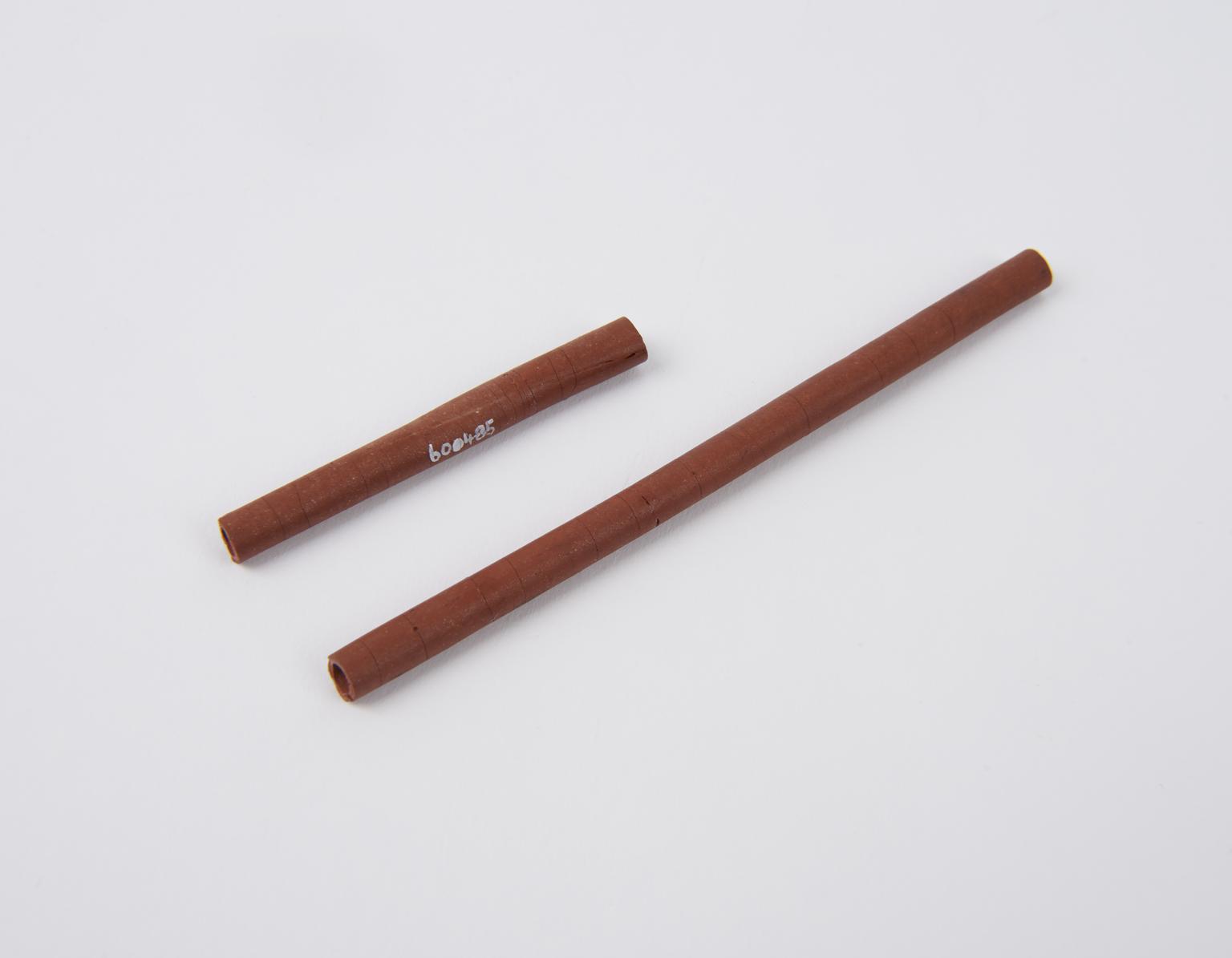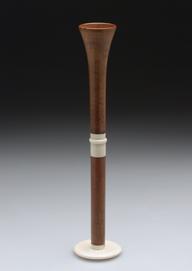

Dr. Squibbs apparatus for estimation of urea in urine, supplied by W. Martindale, 12 New Cavendish Street, Marylebone, Westminster, London, England, 1950-1920.
An ureameter detects and measures the amount of urea in urine. Urea is a chemical compound containing nitrogen. It is produced as the body breaks down proteins. Normally it is cleared from the blood by the kidneys and passed out in the urine. Raised or lowered levels of urea in the urine can indicate disease.
Urine was one of the first substances to be scientifically scrutinised in the 1800s. It could be examined easily and could show obvious signs of disease. Drug companies soon made small, portable urine test kits such as this for doctors to carry in their bags. This ureameter was supplied by W. Martindale, London.
Details
- Category:
- Clinical Diagnosis
- Collection:
- Sir Henry Wellcome's Museum Collection
- Object Number:
- A600485
- Measurements:
-
overall: 60 mm x 285 mm x 85 mm, 0.34kg
- type:
- ureometer
- credit:
- Loan, Wellcome Trust
Parts
Glass phial from Dr Squibbs type ureameter

Rubber tube from Dr Squibbs type ureameter






